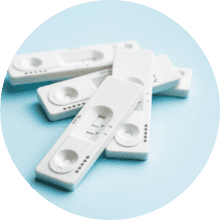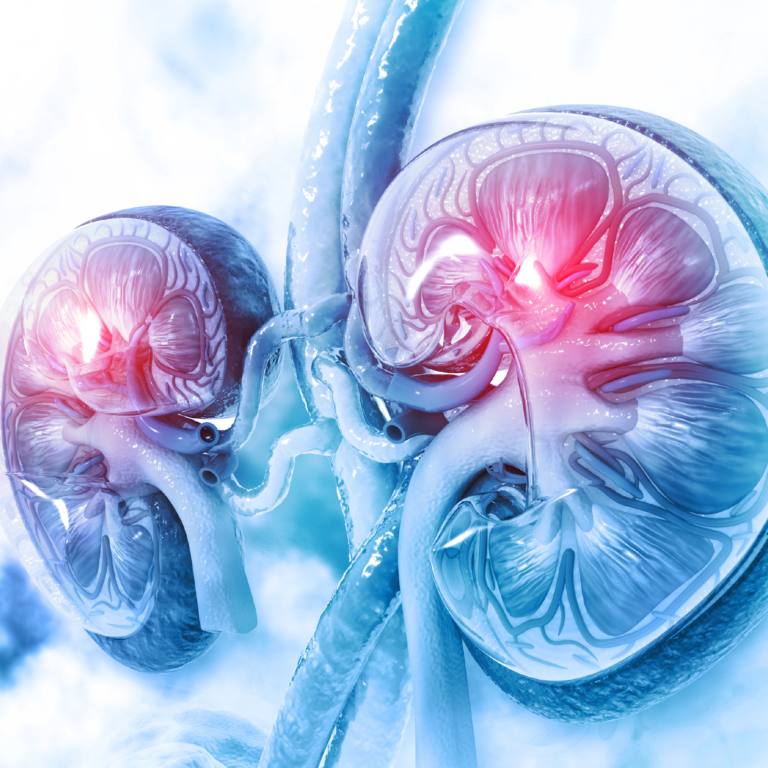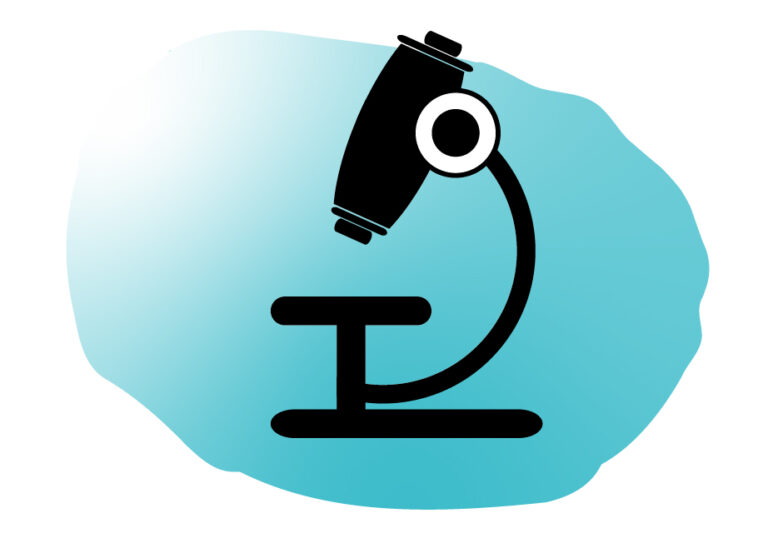Celebrating: Medical Laboratory Professionals

At Ethos Biosciences, we exist to drive better healthcare outcomes by providing the best diagnostic tools for scientists, practitioners and laboratory professionals on a global scale. But that’s all for nothing if we don’t also support the people that use our products on a daily basis. During Medical Laboratory Professionals Week, we’re highlighting this (human x product) partnership.
These professionals use highly specialized instruments to analyze samples like tissue, blood, urine and bodily fluids. Whether they’re in a clinical facility, in the hospital or at a research organization across the country, the information gleaned by lab professionals helps raise the bar on medical outcomes worldwide. Ethos Biosciences provides the highest quality tools to assist these professionals each day.
Who’s Who and What They Do
Medical Lab Professionals generally never meet a client face-to-face and often work directly with a practitioner. That’s because testing can take place across a variety of locations, most often in a hospital, an independent reference lab, a public health laboratory, home testing, direct access testing, and point-of-care (POC). Check out more of what we have to offer in POC diagnostics at Ethos + Bangs.

Let’s take a look at some of the amazing roles in this community as well as how their work and research impacts a wide variety of fields including human pathology, veterinary pathology, clinical research, and in-vitro diagnostics. Our most common products are linked and, at Ethos, we can say ‘We’ve got a product for that!’

- Laboratory Director is a board-certified medical doctor, PhD scientist or a medical laboratory scientist. Many are pathologists, using our stains and dyes to interpret biopsy results, pap tests and cytologic samples. An LD manages the overall operations with a laboratory.
- Pathologists contribute to disease diagnosis through the examination of tissue samples, blood and bodily fluids. Trained specifically to read results for biological samples, pathologists work with a PCP (primary care physician) to identify and rule out diseases and conditions. Pathologists often sub-specialize in organ systems such as nerves/brain, kidney, blood and skin. Our certified dyes along with strict adherence to quality assurance procedures provide the foundation for products that reward pathologists with excellent morphological examination. Are you having stain troubles? Download our Lab Technician’s Guide to Troubleshooting Stains.
- Medical Lab Scientists, Technologists and Clinical Laboratory Scientists are responsible for performing routine and highly specialized tests. Utilizing a microscope, they examine specimens for a variety of pathogens.
- Clinical Laboratory Technologists or Medical Laboratory Technologists perform routine testes in all areas of the clinical laboratory utilizing instrumentation and techniques to perform tests.
- Phlebotomists are primarily client facing, working directly with the patient to draw blood for the tests performed by the above roles.
Additional and more deeply specialized roles within the above include pathology assistant, cytogeneticist, cytotechnologist, histotechnologist, and histologic technician. Ethos Biosciences celebrates everyone in the Medical Laboratory Professionals field and has in-house technical staff to assist with any issues that may arise. Our product pages contain Safety Data Sheets as well as Technical Data Sheets to aid in workflows. Need more help? View our Resources page or contact our Technical Experts with any of your questions at: [email protected] or 1.800.441.0366. We’re always happy to help you!


